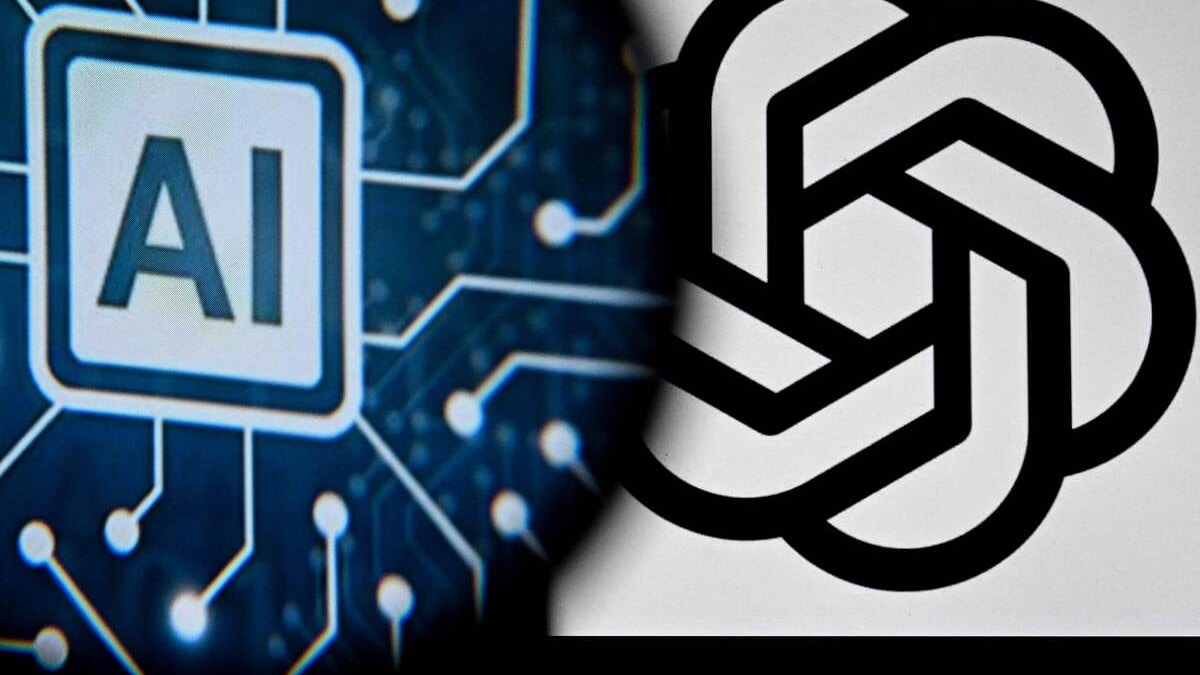On the afternoon of April 8, 2024, southern Quebec will be plunged into darkness due to a total solar eclipse, a rare phenomenon that only occurs in a specific place every 375 years. Julie Bolduc Duval, astronomy graduate student, and Joel LeBlanc, science journalist, offer curious readers a book that covers this issue and provides practical information for observing this special event with complete safety: Eclipse: When the sun performs its circus.
Their book is designed as a tool aimed at democratizing understanding of eclipses. In 2017, students in the United States were forced to remain confined to the classroom, deprived of this unprecedented opportunity to observe an event that some considered too dangerous.
The authors demystify eclipses in their book. They talk about many scientific discoveries, misconceptions about the subject, and observations of scientists over the centuries. They point out that Europeans studied this phenomenon… but it was also observed in China, Iraq, and even in North America, especially by indigenous people.
Their book is relevant, interesting and very popular. Everything is clearly explained to understand the phenomenon and know the entire history of eclipses over the centuries.
Inform residents
“Our goal was to democratize the eclipse, so that everyone knows about it. It is an extraordinary event!” Astronomer Julie Bolduc Duval comments in an interview.
I learned a lot while working on this project. “What amazed me was how long it took us to understand what eclipses were and to be able to predict them. But once we knew what they were, we used them to understand our world better.”
The astronomer, a graduate of the University of Victoria in British Columbia, notes that the total solar eclipse on April 8 is a rare event. “I experienced this in 2017 and I was already working in science communication. I said to myself: I have to prepare eastern Canadian schools for this moment!” exclaims the scientist who has been working on this issue for three years.
“Everyone has to realize how extraordinary this will be, every moment. I'll remember it for the rest of my life! I really hope everyone can experience it in 2024 and the weather will be nice… but that's a variable we can't control. We'll see darkness as daylight: No It's still interesting to try!
Indigenous knowledge
The scientist explains that a video will be released soon about local knowledge about the eclipse, with Eno astrophysicist Lori Russo-Neptune. This video will complement the explanation provided in the book eclipse.
“The eclipse was frightening: it was like a monster devouring the sun. But in the case of the First Nations, it was positive: it was seen as a rapprochement between a man and a woman.
“Often, the sun is the man, the moon is the woman, or vice versa, depending on the culture. It was a positive thing: we gave them their privacy and they didn't have to look. The issue of not burning your eyes was integrated into the story. I find that fascinating! It's another way to save Knowledge.”
Security issue
Furthermore, Julie reminds us that the most important thing, in terms of safety, is to remember that we should never look at the sun directly, with the naked eye.
“The security issue should not take up all the space, because it is an exceptional event that we want people to have the opportunity to experience. It happens once in a lifetime!”
Eclipse: When the sun performs its circus
Julie Bolduc Duval and Joel LeBlanc
Multiple world versions
156 pages
- Joel LeBlanc has been a science journalist for nearly 25 years.
- He trained in paleontology at the University of Laval and the University of Quebec at Rimouski.
- He produces reports for Quebec Science Radio and Radio-Canada.
- Julie Bolduc Duvall holds a degree in astronomy from the University of Victoria, British Columbia.
- She worked at the Federal Astrophysical Observatory.
- She is dedicated to science education in Quebec and serves as the general director of the program Discovery of the universe.
- The Canadian Astronomical Society awarded him the 2020 Kilak Award for his exceptional work in training astronomy teachers from elementary school to university.
◀ To see maps showing the areas where there will be a total solar eclipse (total eclipse scope) and for safety tips: eclipsequebec.ca
Here is a list of items not to use when viewing the eclipse:
– Regular sunglasses (even several pairs stacked, as they are designed to see everything, which is dangerous during an eclipse)
-An old CD or DVD
– Old overexposed photo film (completely black)
– X-ray
– Aluminum life blanket
– A packet of potato chips, etc.
These can inspire confidence, because the objects in question are opaque and allow sunlight to pass through, but in reality they let it through too much. Seeing the sun dim or not feeling discomfort is actually no guarantee of safety.
-Joel LeBlanc and Julie Bolduc Duval, Eclipse: When the sun performs its circus, Multiworld versions

“Hardcore beer fanatic. Falls down a lot. Professional coffee fan. Music ninja.”







More Stories
Nokia and NASA are preparing to launch a 4G network on the moon
A documentary film denouncing the destruction of the planet
Robert Sovi Institute for Occupational Health and Safety Research